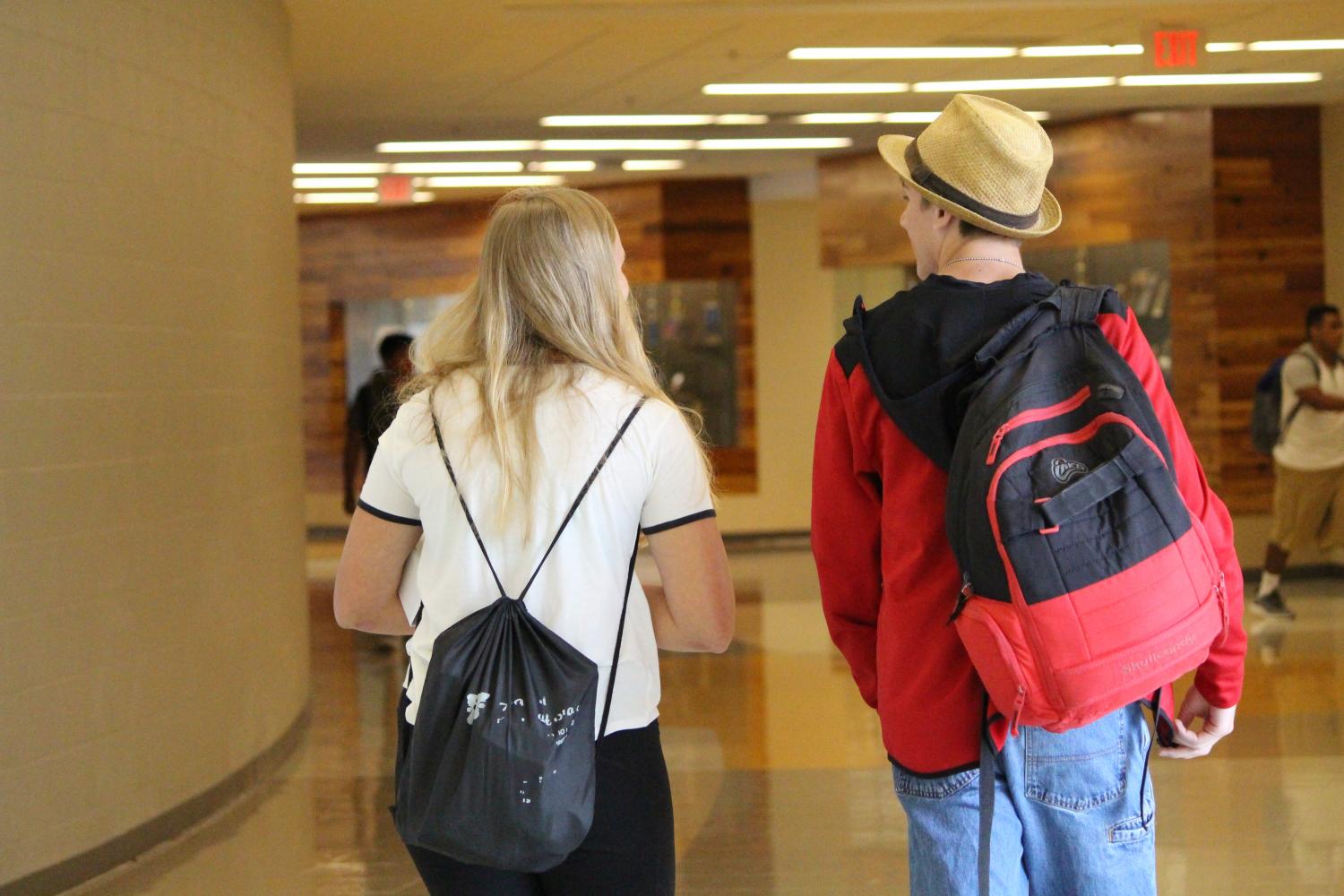Six Minute Passing Time
As Battle High School opened the doors to the new school year, students were caught off guard by new policies and rules set in place for the new year. Of the many hallway policies, passing periods saw an additional minute added to each passing period.
To some students this was a delight, as it gives extra time to use the restroom and talk to friends. So much can be done in a minute, as it gives you enough time to get from the “A” hall all the way to “J” hall without a sweat.
Avery Lynn, junior, describes why he enjoys having an extra minute to lean back on between passing periods. Lynn says, “I like it, it allows for more time than is necessary to use the restroom, get to class, go to your locker, and get a break from class to refresh your mind.”
Some students were unhappy with the decision to add a minute to passing times.
Allison Bernt, junior, describes her discontent with the current decision. Bernt says, “Things definitely seem more strict this year with the bathroom policies and hallway rules. I don’t like how they added minutes to the passing periods and taking away the time we would’ve gotten out of school early.”
Previous years allowed for the student body to choose what to do with the extra five minutes as a reward for a low amount of tardies school-wide. Students were allowed to choose where to place the five minutes: having six minute passing times, starting five minutes later, or ending the day five minutes early. In every instance, the school voted to get rid of the five minutes at the end of the day. The permanent choice of six minutes per passing time reflects directly on the extra five minutes taken from the end of the day.
Explaining the anger behind the lack of option, Lynn states, “I mean, I’d prefer to get a choice of what happens. Choices are always better than being forced to do something. I’d still prefer a choice even if we voted to keep the six minutes.”
Despite the few students who dislike the new policy, the majority of students are just fine with an extra minute. The point where the extra minute becomes negative to people is how the passing times affect the start and ending times of classes.
Heather Martin, sophomore, extends on how the minute difference can get confusing. Martin says, “It’s really nice that the school has given us an extra minute to go from class to class, but now it’s a little more difficult to figure out what time you actually need to get to class because now you move for six minutes and not five.”
Many other students and even teachers are having a hard time adjusting to the new bell schedule. Madalynn Owens, senior, described the troubles of the extra minute throughout the day, “It is really hard for me to get used to what time class begins and ends because I’ve had the past three years at Battle with the same schedule and these times seem to be very random and hard to memorize.”
Regardless of if students are for or against the new policy, the extra minute is here to stay for the rest of the school year.

